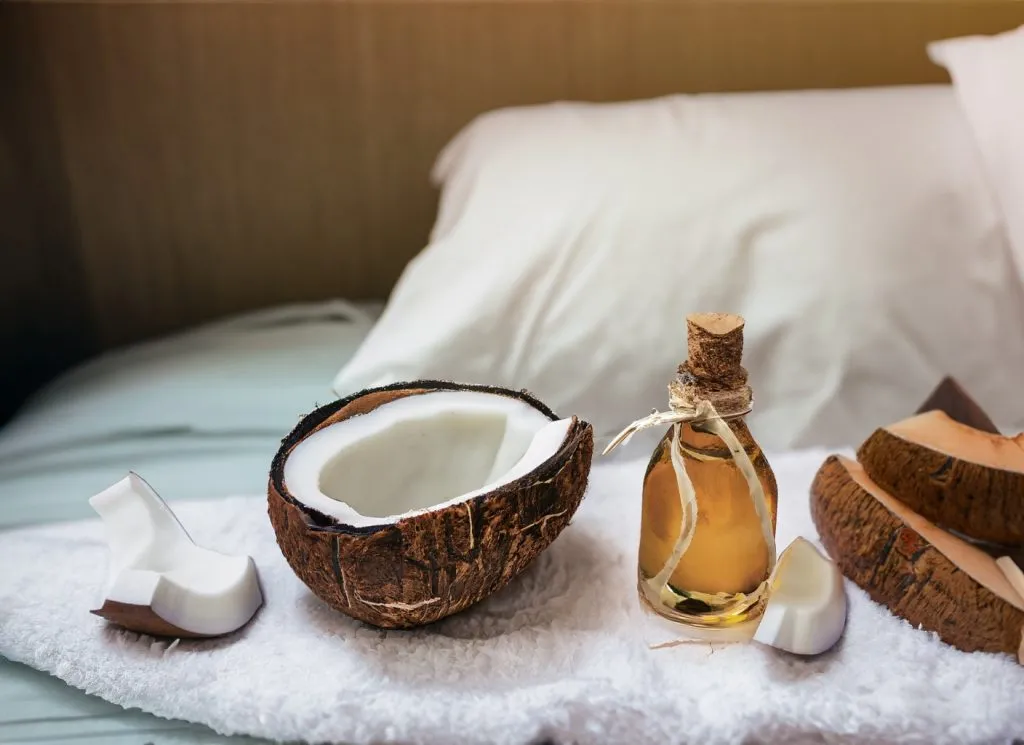A Natural Weapon Against Dandruff: The Power of Coconut Oil
Dandruff, those pesky white flakes that can be both embarrassing and irritating, is a common scalp issue. While there are many commercial anti-dandruff products on the market, coconut oil has been a tried and true natural remedy for centuries.
Benefits of Coconut Oil for Dandruff:
- Moisturizes the Scalp: Dryness can be a major cause of dandruff. Coconut oil provides deep hydration to the scalp, preventing flakiness.
- Antifungal Properties: Some dandruff is caused by the overgrowth of a yeast-like fungus. Coconut oil contains properties that can combat this fungus.
- Soothes the Scalp: Itching and inflammation often accompany dandruff. Coconut oil has anti-inflammatory properties that can soothe and calm an itchy scalp.
- Strengthens Hair: While addressing dandruff, coconut oil also nourishes hair, reducing hair breakage and improving overall hair health.
How to Use Coconut Oil to Treat Dandruff:
- Direct Application: Warm some virgin coconut oil and massage it into the scalp. Leave it on for an hour or overnight, then wash off with a mild shampoo.
- Mix with Essential Oils: Combine coconut oil with tea tree or rosemary essential oils. Both have properties that can enhance the dandruff-fighting capabilities of coconut oil.
- As a Base for Scrub: Mix coconut oil with lemon juice or aloe vera. The slight acidity helps remove flaky skin while the oil moisturizes.
Tips for Optimal Results:
- Consistency is Key: Regular application, preferably 2-3 times a week, can yield better results.
- Patch Test: Before trying any new treatment, even natural ones, always do a patch test to check for allergies.
- Purest Form: Use only virgin, unrefined coconut oil for maximum benefits.
Embracing the natural goodness of coconut oil can offer a dual advantage – combating dandruff while promoting lustrous, healthy hair. If dandruff persists despite home remedies, it’s advisable to consult a dermatologist. Explore more on natural hair care practices with our insights at Coconut Seeds.

